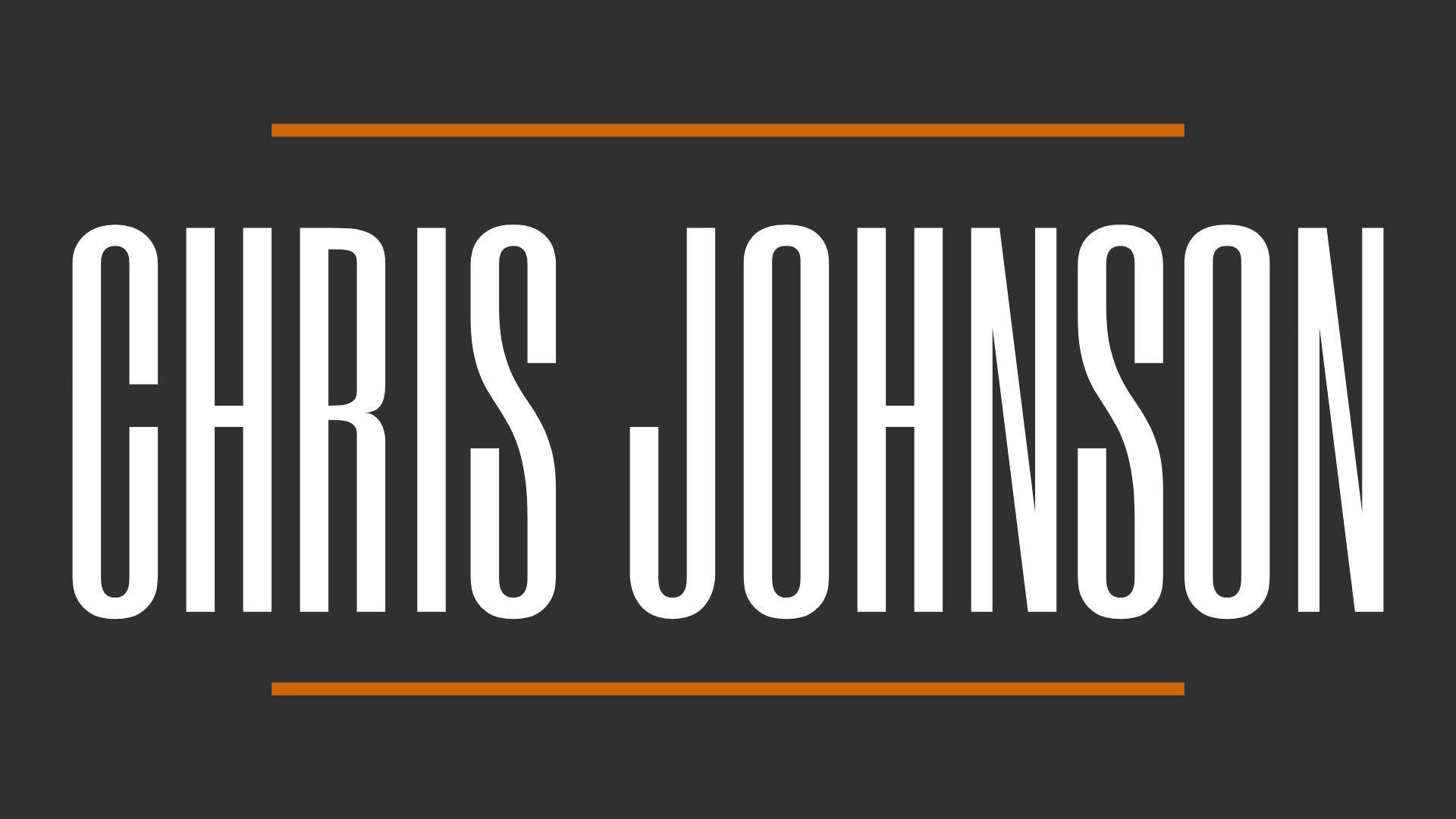Will I Trust the Lord?
Family outings have been interesting as of late. With two teenagers and two under ten debate is sure to ensue over what everyone would enjoy doing as a family. A couple of weekends ago Lauren decided everyone might enjoy the car show going on downtown. There were a couple groans but one of our children was particularly displeased with the suggestion and rattled off a list of questions about what would occur, terrified a bad time was about to be had. We loaded up and headed to the car show. Tentative about showing their enjoyment at first, it was clear by the end all of the kids had a good time looking at some amazing cars. In fact, as we returned to our vehicle, the one child who was the main skeptic said, “I had a good time. I don’t know why I don’t trust you. It always turns out okay.”
If that isn’t each of us at times when we do not understand what the Lord is up to, I don’t know what is. In 1 Kings 17:1-16, we are introduced to the prophet Elijah, who has a lot to teach us about trusting the Lord. Ahab, the king of Israel, and a king who “did evil in the sight of the Lord” was seeking to replace the worship of God with worship of Baal (1 Kings 16:30). Enter Elijah, whose very name means “The Lord is my God.” Elijah boldly declares that God lives and that there will be no rain for three and a half years (1 Kings 17:2). Since Baal was the god of the storm, this attacks the heart of Baal’s claim to power and authority.
Immediately after Elijah’s announcement, the Lord tells him to hide himself by the brook Cherith, a brook that would eventually dry up due to the drought. But God says, “It shall be that you will drink of the brook, and I have commanded the ravens to provide for you there” (1 Kings 17: 4). And indeed God does provide, causing even ravens to go against their nature in bringing food to Elijah. The Lord was preparing and providing.
The brook dries up and Elijah is next sent to a widow in the middle of Zarephath. A widow? In enemy territory? In a drought? But Elijah doesn’t ask these questions. He goes where God sends. As he arrives, the widow is planning her last meal for herself and her son. Elijah makes one request. When she brings him water he would also like her to make a little bread for him first. Rude! No, this was typical hospitality for those days but Elijah also had a word from the Lord. “For thus says the LORD God of Israel, ’The bowl of flour shall not be exhausted, nor shall the jar of oil be empty, until the day that the LORD sends rain on the face of the earth’” (1 Kings 17:14). Amazingly, the widow’s obedience mirrors Elijah’s obedience. The Lord was again found faithful.
What can we learn from this passage about God’s faithfulness?
God doesn’t always provide in a way that makes sense to us. Sometimes he uses uncommon means. Sometimes his timing is not what we would anticipate or desire. The ravens brought food for Elijah morning and evening. I’m sure Elijah would have preferred they brought a greater supply all at once. But that wasn’t how God chose to provide!
Sometimes the brook dries up. When God’s provision dries up that means He is probably moving you. God will not lead you where His grace won’t provide for you. Sometimes God dries up one source in order to remind us he is the ultimate source. He is the well of all provision that we experience.
God has NEVER not been faithful to provide. God has gotten us this far. He will get us home.
God’s provision comes on the path of obedience. This passage calls us to obedience. Imagine how this story would have been different had Elijah not obeyed the Lord. If he had not gone to the brook, if he had not gone to Zarephath. He would have missed out on God’s provision. We have to remember, that obedience precedes provision. Elijah encourages us to stay on that path.
All of these truths are mean to teach us about God’s character. God’s provision in our lives is more theological than it is practical. God provides for us not just so we can have what we need but so that we will understand who He is. I hope this passage encourages you to stay on the path of obedience and trust the Lord.
If you want to listen to the message, follow this link.
